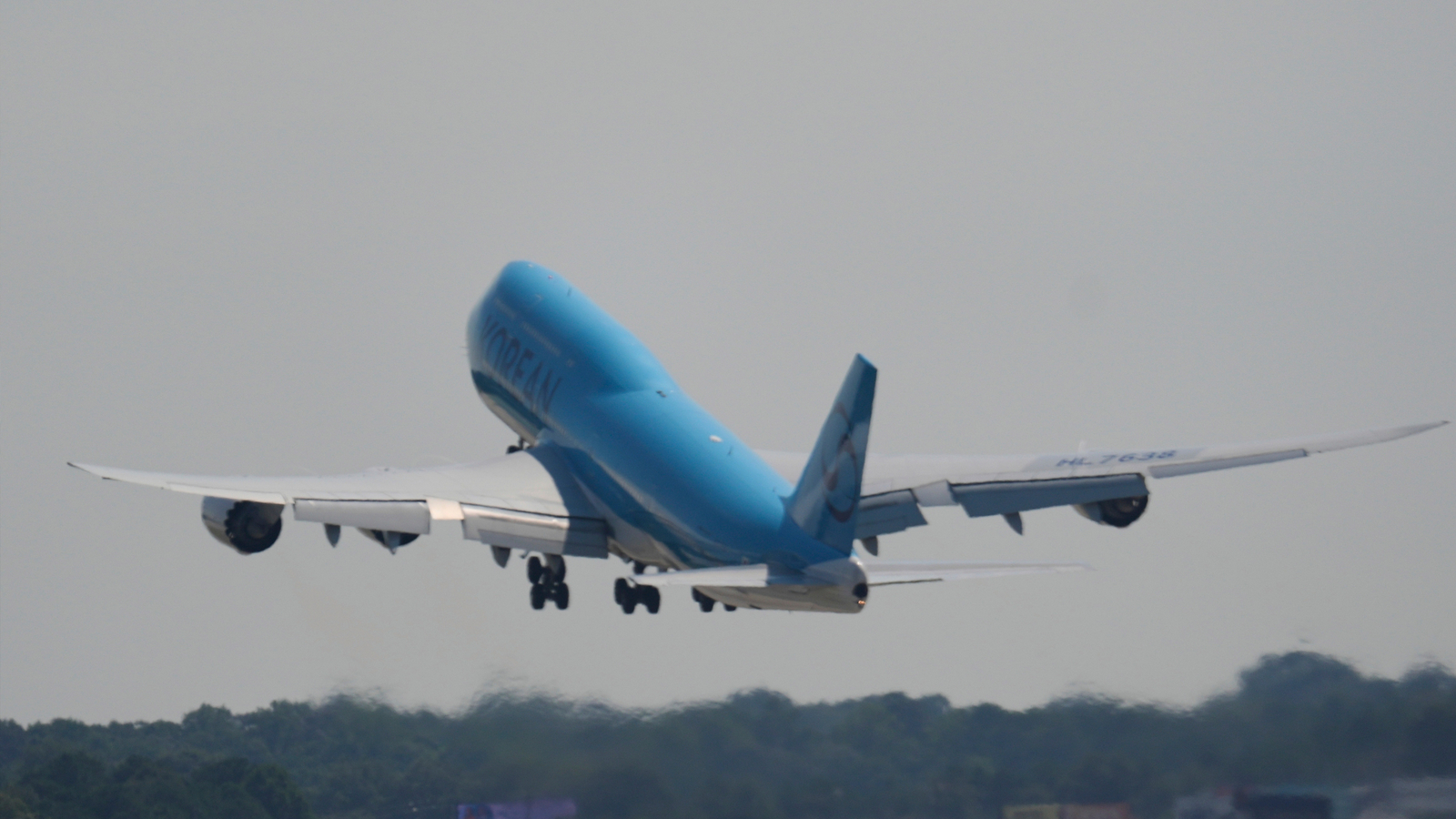Why Were South Korean Workers Detained in Georgia?

Published: 2025-09-12 11:27:43 | Category: policy GNEWS Search
Over 300 South Korean workers detained during a recent immigration raid in the United States were returned home last Friday, reuniting with their families amid public outrage and diplomatic discussions about visa regulations. This incident not only raised concerns over the treatment of foreign workers in the U.S. but also highlighted the complexities of international labour agreements and immigration policies.
Last updated: 04 October 2023 (BST)
Key Takeaways
- More than 300 South Korean workers were detained in a raid at a Georgia battery factory.
- The workers were returned home on a charter flight, reuniting with their families amid public protests.
- The South Korean government is negotiating with the U.S. to improve visa systems for skilled workers.
- Concerns have been raised about the treatment of foreign workers and the impact on future investments.
- The incident has sparked diplomatic discussions on labour and immigration policies between the U.S. and South Korea.
Background of the Immigration Raid
On 4 September 2023, U.S. immigration authorities conducted a raid at a battery factory under construction on Hyundai's auto plant in Georgia. The operation resulted in the detention of approximately 475 individuals, including workers from South Korea, China, Japan, and Indonesia. The raid has been described as part of the broader enforcement of immigration laws under the previous Trump administration, which has faced criticism for its aggressive stance on undocumented immigration.
Public Outrage and Government Response
The video footage released showing several South Korean workers in shackles sparked significant outrage both in South Korea and among human rights advocates globally. This incident has not only led to protests but has also raised questions about the treatment of foreign workers in the U.S. The South Korean government quickly mobilised to address the situation, with officials expressing regret over the delays in securing the workers' release.
Return Home: Emotional Reunions
The workers returned to South Korea on a Korean Air charter flight, where they were met with a warm welcome at Incheon International Airport. Families were anxiously waiting, and as each worker emerged, they were embraced by their relatives. The emotional reunions were a poignant reminder of the human cost of immigration policies.
Health and Safety Concerns
Many families had been in a state of distress during the workers' detention. Reports indicated that some detainees faced health issues due to the conditions in detention centres. However, on their return, many workers reassured their families about their wellbeing, which alleviated some of the anxiety that had built up during the week-long ordeal.
Diplomatic Negotiations and Future Implications
In the aftermath of the raid, South Korean officials engaged in negotiations with their American counterparts to facilitate the workers' return and to address broader immigration issues. The U.S. had initially halted the return process, prompting South Korea to seek clarity on the workers' status and future in the country.
Agreement on Future Work Opportunities
South Korea's Foreign Minister Cho Hyun announced that the U.S. agreed to allow the workers to return to the Georgia site to complete their work. This agreement included discussions on establishing a bilateral working group focused on creating a new visa category for skilled workers from South Korea, an initiative aimed at addressing the gaps in the current immigration system.
Concerns About Visa Systems
Both countries acknowledged the need for a more efficient visa system that accommodates skilled workers, particularly in light of South Korea's substantial investments in U.S. industry. Currently, many South Korean workers have been using short-term visitor visas or Electronic System for Travel Authorization (ESTA), which has led to complications and misunderstandings about their eligibility to work in the U.S.
Potential Impact on Future Investments
South Korean President Lee Jae Myung has warned that unless the U.S. makes significant improvements to its visa system, South Korean companies may reconsider their investments in the American market. This comes at a crucial time as South Korea has announced a $350 billion investment plan in the U.S., aimed at boosting economic ties and technological cooperation.
Conclusion: A Need for Systemic Change
The recent events surrounding the detention and subsequent return of South Korean workers have highlighted significant systemic issues within U.S. immigration policy. As both nations move forward, the emphasis will likely be on creating a more inclusive and efficient framework for skilled workers, ensuring that such incidents are not repeated. The outcome of these negotiations could have lasting implications for international labour relations and economic partnerships.
As the situation evolves, it poses a critical question: how can both nations ensure the protection of workers' rights while fostering economic cooperation? #ImmigrationPolicy #SouthKorea #USRelations
FAQs
What led to the detention of South Korean workers in the U.S.?
The detention occurred during an immigration raid at a battery factory construction site, aimed at enforcing U.S. immigration laws against undocumented workers.
How many South Korean workers were detained in the raid?
Over 300 South Korean workers were among the 475 people detained during the immigration raid in Georgia.
What has the South Korean government done in response to the raid?
The South Korean government engaged in diplomatic negotiations with the U.S. to secure the workers' release and improve the visa system for skilled workers.
Will the detained workers be allowed to return to the U.S.?
Yes, it was agreed that the workers would be permitted to return to the U.S. to continue their work at the Georgia battery factory.
What are the broader implications of this incident for U.S.-South Korea relations?
This incident underscores the need for reforms in the U.S. visa system, which could affect future investments and economic cooperation between the two countries.



